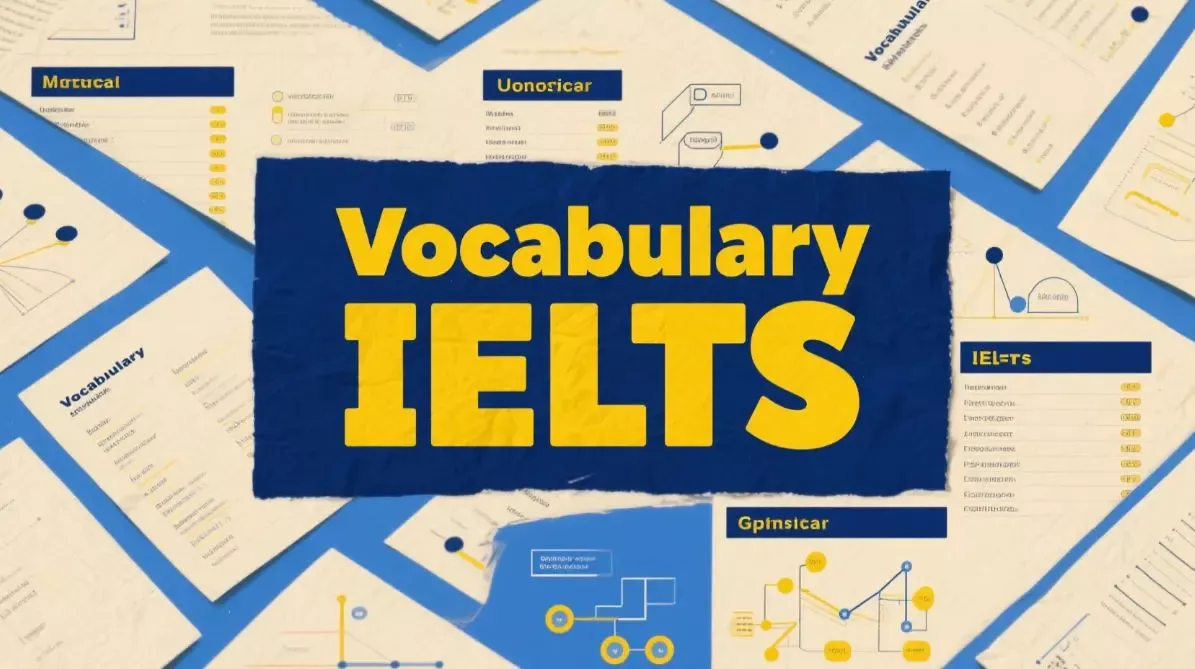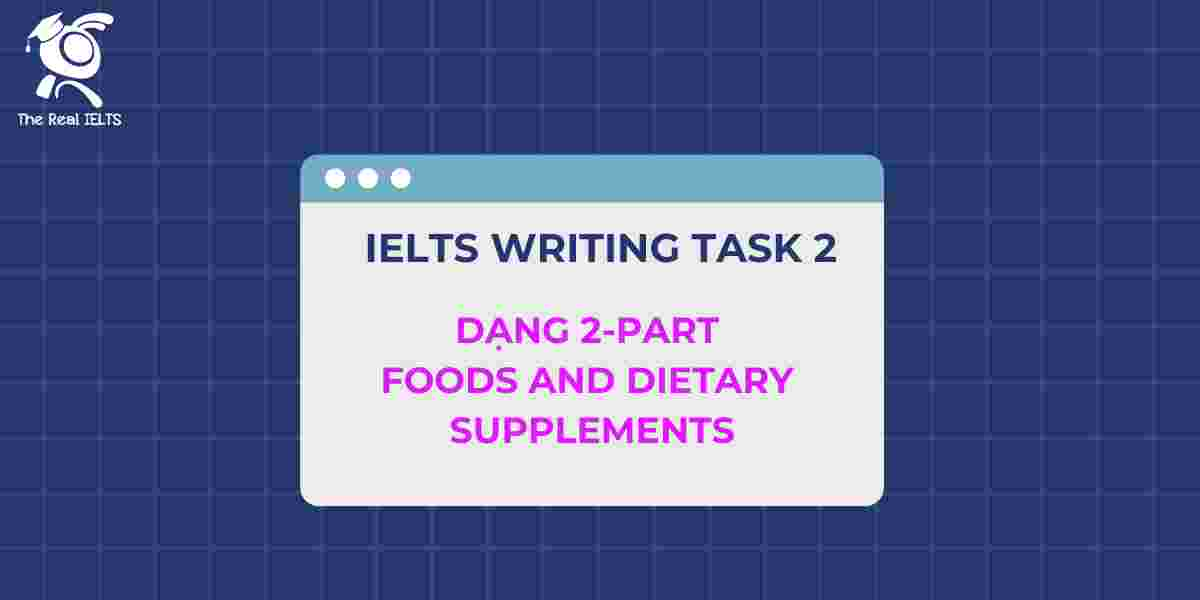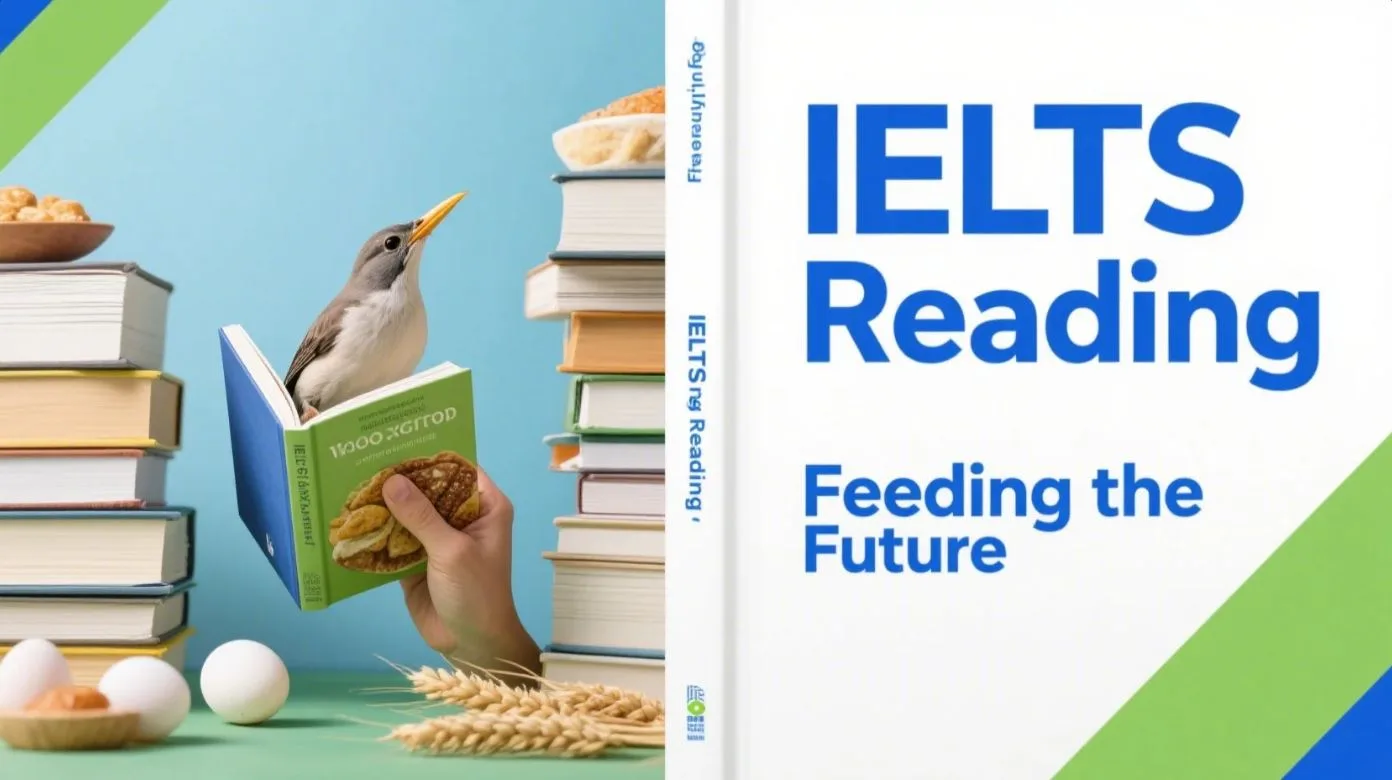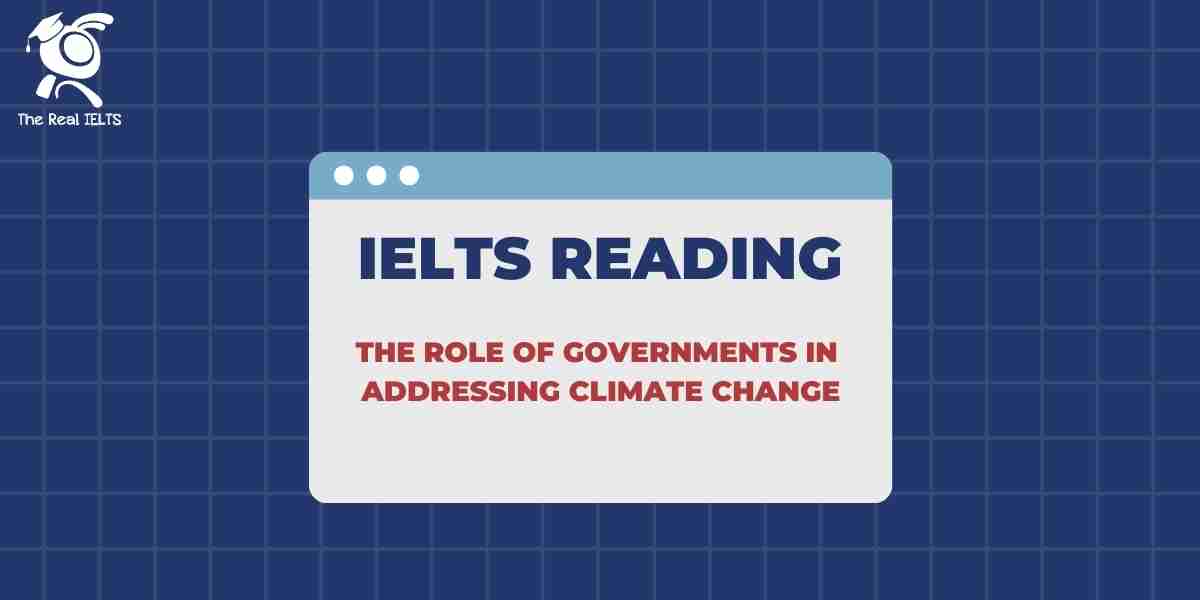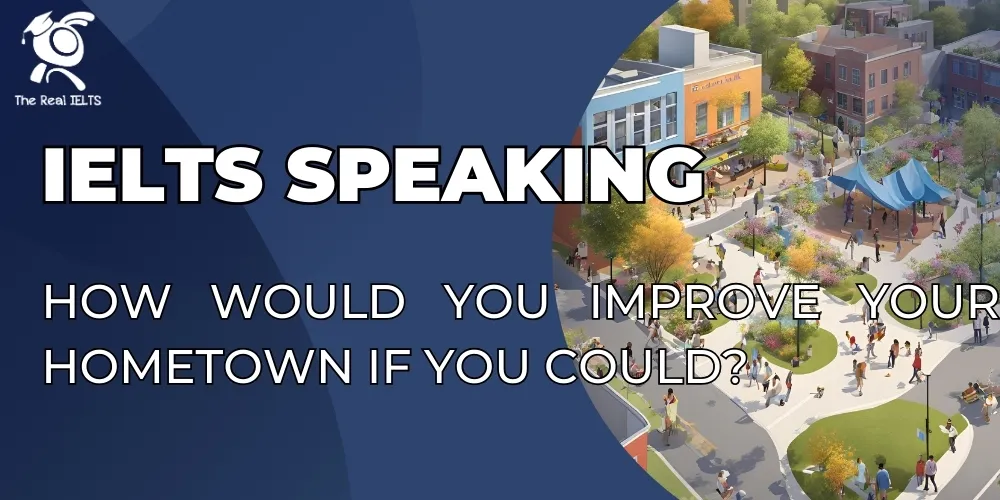Đề bài IELTS Writing Task 2 dạng Positive or Negative cashless
You should spend about 40 minutes on this task
The trend towards a cashless society. Do you think this is a positive or negative development?
Write at least 250 words.
Giải mẫu IELTS Writing
In recent years, the movement towards a cashless society has gained momentum, with many countries witnessing a significant reduction in the use of physical money. This trend is driven by technological advancements and the convenience offered by digital payment methods. While this shift brings several benefits, it also raises concerns. In my opinion, the transition towards a cashless society is generally a positive development, but it is not without its drawbacks.
One of the primary advantages of a cashless society is the convenience it offers. Digital transactions are quick and efficient, allowing people to make payments without carrying cash. This is particularly beneficial in an increasingly digital world where online shopping and e-commerce are thriving. Additionally, electronic payments provide a more secure method of transaction, reducing the risk of theft or loss associated with carrying cash. Financial transactions can also be easily tracked and documented, making it simpler for individuals to manage their finances and for authorities to monitor illegal activities such as money laundering.
Moreover, the adoption of digital payments can lead to greater financial inclusion. In many developing countries, access to traditional banking services is limited. However, with the widespread availability of mobile phones, even those in remote areas can access digital financial services. This inclusivity can help bridge the gap between the rich and the poor, providing equal opportunities for financial growth and participation in the global economy.
Despite these advantages, there are also concerns associated with a cashless society. One major issue is the potential loss of privacy. Digital transactions leave a trail of data that can be tracked, raising concerns about surveillance and data security. Additionally, a cashless economy could marginalize certain groups, such as the elderly or those who are not technologically savvy, as they may struggle to adapt to new payment methods. Furthermore, the reliance on electronic systems makes economies vulnerable to cyber-attacks and technical failures, which could disrupt financial systems and cause widespread inconvenience.
In conclusion, while the trend towards a cashless society presents numerous benefits, including convenience, security, and financial inclusion, it also poses challenges, particularly in terms of privacy, accessibility, and cybersecurity. On balance, I believe the advantages outweigh the disadvantages, but it is crucial to address the potential pitfalls to ensure a smooth and equitable transition for all members of society.
Thống kê cấu trúc câu và cấu trúc ngữ pháp
Cấu trúc câu và cấu trúc ngữ pháp
- Câu mở đầu với mệnh đề phụ thuộc (Dependent Clause):
- “In recent years, the movement towards a cashless society has gained momentum…”
- Sử dụng mệnh đề thời gian “In recent years” để đặt ngữ cảnh cho câu.
- Câu phức (Complex Sentence):
- “While this shift brings several benefits, it also raises concerns.”
- “One of the primary advantages of a cashless society is the convenience it offers.”
- “Despite these advantages, there are also concerns associated with a cashless society.”
- Các câu này sử dụng mệnh đề phụ thuộc (While, One of the, Despite) để bổ sung thông tin.
- Câu ghép (Compound Sentence):
- “Moreover, the adoption of digital payments can lead to greater financial inclusion.”
- “Additionally, electronic payments provide a more secure method of transaction, reducing the risk of theft or loss associated with carrying cash.”
- Các câu này sử dụng từ nối (Moreover, Additionally) để kết hợp các mệnh đề độc lập.
- Câu với mệnh đề quan hệ (Relative Clause):
- “…allowing people to make payments without carrying cash.”
- “…raising concerns about surveillance and data security.”
- “…such as the elderly or those who are not technologically savvy…”
- Sử dụng mệnh đề quan hệ để bổ sung thông tin cho danh từ.
- Câu sử dụng mệnh đề danh từ (Noun Clause):
- “…it is crucial to address the potential pitfalls to ensure a smooth and equitable transition for all members of society.”
- Sử dụng mệnh đề danh từ để diễn đạt ý kiến hoặc quan điểm.
Từ kết nối các câu và đoạn văn
- In recent years – Đặt ngữ cảnh thời gian.
- While – Diễn tả sự đối lập hoặc mâu thuẫn.
- In my opinion – Biểu thị quan điểm cá nhân.
- One of the primary advantages – Giới thiệu lợi ích chính.
- Additionally – Thêm vào, bổ sung ý.
- Moreover – Hơn nữa, bổ sung thêm thông tin.
- However – Tuy nhiên, chỉ ra sự đối lập.
- Despite – Mặc dù, chỉ ra mâu thuẫn.
- Furthermore – Hơn nữa, bổ sung thêm ý.
- On balance – Tóm lại, để kết luận.
- In conclusion – Kết luận, tóm tắt ý chính.
Các từ vựng tiếng Anh cần lưu ý trong bài viết
Dưới đây là các từ vựng tiếng Anh quan trọng trong bài viết cùng với bản dịch sang tiếng Việt:
- Cashless society – Xã hội không tiền mặt
- Momentum – Đà phát triển, sự thúc đẩy
- Technological advancements – Tiến bộ công nghệ
- Digital payment methods – Các phương thức thanh toán kỹ thuật số
- Convenience – Sự tiện lợi
- Physical money – Tiền mặt
- Electronic payments – Thanh toán điện tử
- Financial transactions – Giao dịch tài chính
- Money laundering – Rửa tiền
- Financial inclusion – Sự bao trùm tài chính
- Developing countries – Các quốc gia đang phát triển
- Mobile phones – Điện thoại di động
- Global economy – Nền kinh tế toàn cầu
- Privacy – Quyền riêng tư
- Surveillance – Sự giám sát
- Data security – Bảo mật dữ liệu
- Marginalize – Làm cho bị gạt ra ngoài
- Technologically savvy – Am hiểu công nghệ
- Cyber-attacks – Các cuộc tấn công mạng
- Technical failures – Sự cố kỹ thuật
- Vulnerable – Dễ bị tổn thương, dễ bị ảnh hưởng
- Equitable transition – Quá trình chuyển đổi công bằng
Đọc thêm các bài Luyện Thi IELTS khác trong link nhé.



